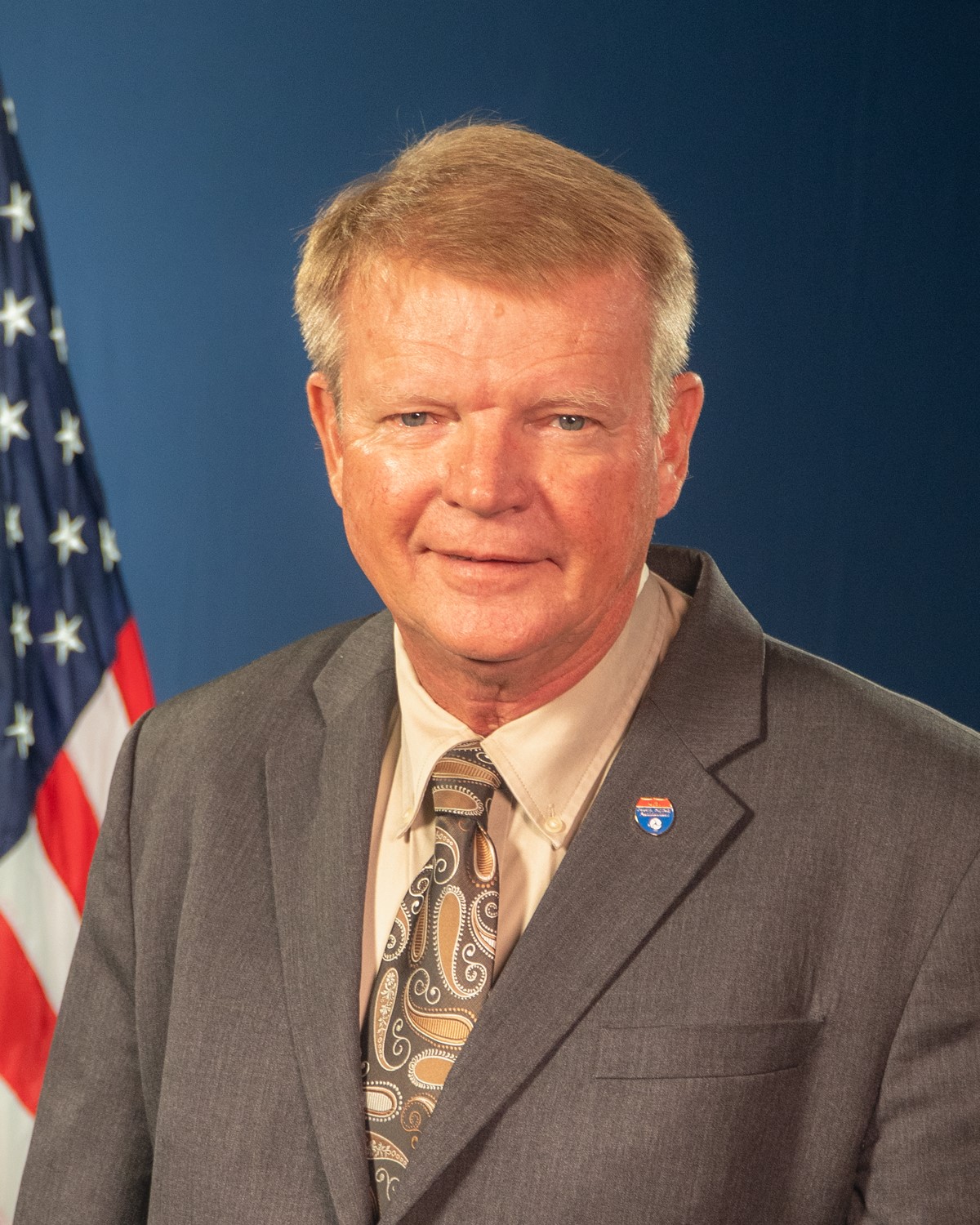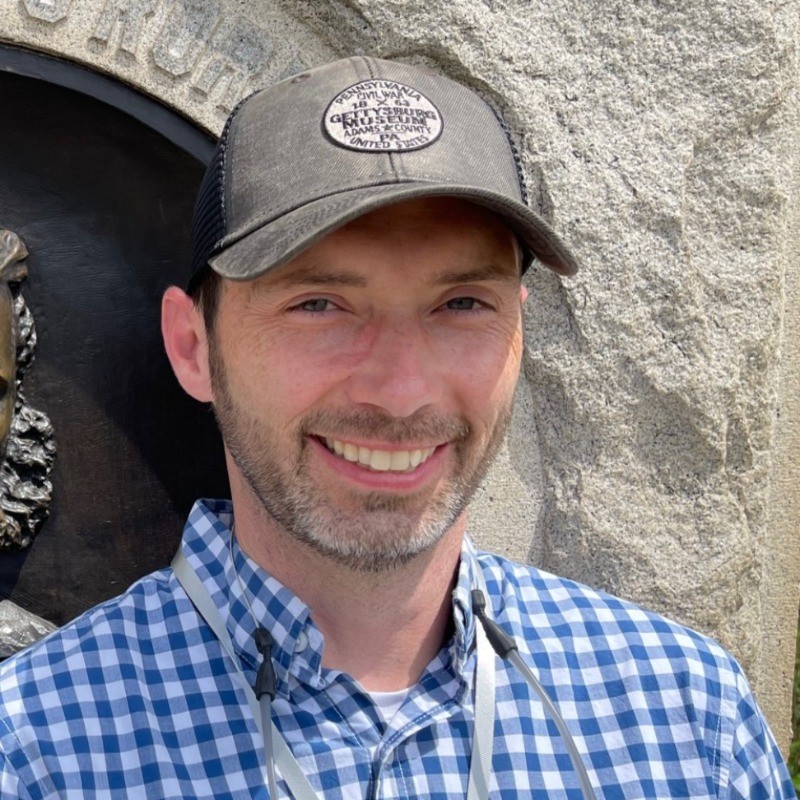When Jeff King participated in the Operations Academy Senior Management Program at the University of Maryland in 2011, he was a captain with the Arizona Highway Patrol. Through a Traffic Incident Management (TIM) committee, he was nominated to attend the Operations Academy. Today, as a Federal Highway Administration (FHWA) Safety Specialist on the Speed Management Team, he continues to rely on the knowledge, skills, and resources that he acquired through his experience in the Operations Academy.
As a law enforcement officer, his job was to be tactical; to take care of problems on the road when they happened, and quickly move on. He had many eye-opening moments throughout the Operations Academy sessions that helped him achieve the cross-cutting goal of making traffic move more efficiently and safely.
It was his involvement with transportation issues and TIM that ultimately brought him to the Operations Academy.
“That was the only area where law enforcement and people in traffic operations or transportation come together,” Jeff said. “But in my two weeks at the Operations Academy, I learned months’ worth of useful material. It broadened me so that I was able to bring all the tools to the table that would help law enforcement do a better job.”
At that time, he was Chief of Staff for the Patrol Division, and it was easy for him to bring all the information he’d learned back so that they could move forward more efficiently with TIM. But he also ensured more law enforcement input was provided to a wide range of transportation committee work that was going on.
“What I learned enabled me to give good input to everyone in transportation, and in doing so, I was building and strengthening relationships and providing resources that they might not have previously known were available,” he said.
The Operations Academy sessions helped him see traffic issues from a practical perspective and showed him how to reach out to partners in other disciplines for long-term solutions. Previously, he’d only seen traffic incidents as things to clear out quickly, but after completing the courses, he realized that it was a much bigger picture. He was able to take what he’d learned and push it down to the people who were performing incident investigations.
“Those people doing the investigations are the ones who have the impact—the state troopers, the sergeants,” Jeff said. “Shedding the light of the processes I learned down to local commanders and expanding those relationships to the entire agency has been incredibly helpful. I can see the impact on the ground, in the TIM program.”
The Arizona TIM program took off and became a model for how to successfully cross disciplines within the transportation industry. At the ground level, the working relationship between transportation and law enforcement improved significantly.
An element of the Operations Academy experience includes a tour of the Traffic Operations Center in Baltimore. That’s when Jeff got the idea of putting law enforcement in the Traffic Operations Center in Arizona. He worked to get the funding to make it happen, and although it took a few years, the change was implemented and continues today.
“Troopers work hand in hand with transportation, and there’s a huge cross-benefit ratio,” he said. “After I returned from the Operations Academy, law enforcement’s awareness was raised and spread to the boots on the ground, and that made a huge difference.”
Although the training was intense and the workload was challenging, the greatest takeaway element of the experience was the relationship building. The link between traffic engineering and law enforcement is critical, and the Operations Academy is the spark that started the cross-disciplinary work that ultimately has been improving traffic and safety on Arizona roads.
Jeff made sure every year, someone from his agency went to the Operations Academy, and since his retirement in 2014, someone has gone every year so that the knowledge gained there can be applied and expanded.
“It’s succession planning,” he said. “We want to make sure the future of law enforcement stays involved with transportation, and the Operations Academy is a great way to do that.”






